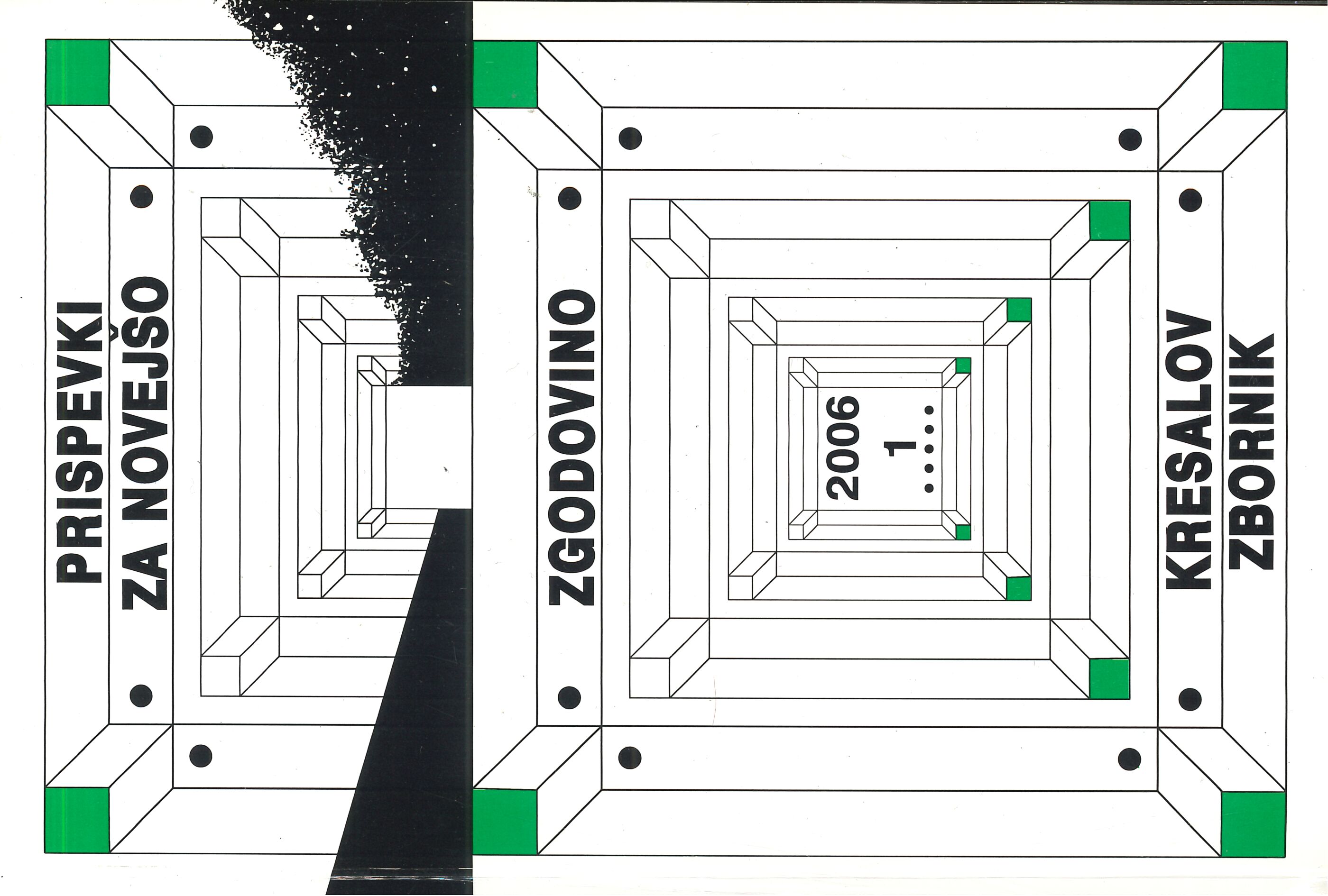Dr. Milan Lemež, the Monetary Institute of Slovenia, and the Concepts of Currency Reform in the New State in 1944
Keywords:
Slovenia, money, payment note, currency reform, Monetary institute of Slovenia, currency replacement, Second World WarAbstract
The debate on the future monetary system and the burning financial issues, started by the euphoric Slovene resistance movement after the victory of the allied coalition of the United Nations in 1944, raised many questions. The most significant ones were how to establish a financial system that would fit the planned federal system as well as it shape and role in the future social system. In an attempt to address these issues, Slovene financial experts within the National Liberation Movement (the Study Committee of the SNOS Presidency) devised the platform for a financial reform to be executed after the liberation of the country, whereby several different concepts emerged. The paper examines the proposals by Dr Milan Lemež and their differences with other proposals concerning the attitude towards the issue of payment notes and the role of the Monetary Institute of Slovenia in the currency reform.
Downloads
Published
Issue
Section
License
Authors who publish with this journal agree to the following terms:
- Authors retain copyright and grant the journal right of first publication with the work simultaneously licensed under a Creative Commons Attribution License that allows others to share the work with an acknowledgement of the work's authorship and initial publication in this journal.
- Authors are able to enter into separate, additional contractual arrangements for the non-exclusive distribution of the journal's published version of the work (e.g., post it to an institutional repository or publish it in a book), with an acknowledgement of its initial publication in this journal.
- Authors are permitted and encouraged to post their work online (e.g., in institutional repositories or on their website) prior to and during the submission process, as it can lead to productive exchanges, as well as earlier and greater citation of published work (See The Effect of Open Access).


